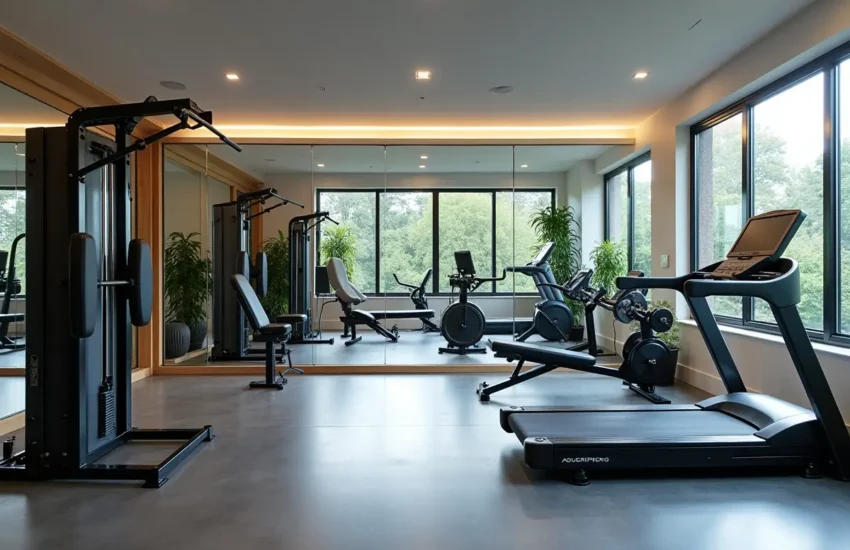How To Prevent Vision Impairment or Disease
Many people don’t give much thought to eye health if they’ve experienced relatively good eyesight throughout their lives. With age, however, the eyes start to change, gradually declining over time with the potential for more severe diseases that can have a major impact on your life.
Visit – Vision loss: Symptoms, causes, and treatments – for vision loss symptoms, treatments and causes.
Adults aged 40+ are of greater risk for diseases, such as diabetic retinopathy, cataracts, macular degeneration and glaucoma. While these are treatable diseases, severe cases can affect how you see and lead to blindness.

Rapidly increasing vision impairment rates throughout the US lead individuals to wonder if vision loss is preventable. You can take preventive measures to protect your eyesight, and we’ll offer guidance of how to prevent vision issues as age progresses.
Proactive Measures to Prevent Vision Impairment
Preventive care is a primary defense against poor eye health and the potential for vision loss. You must be proactive about your ocular health to avoid issues from the start. It’s important to enforce proactive measures to prevent problems than try to treat them after they develop.
Consider a few lifestyles changes you can adopt to better protect your eyes now and as age progresses.
Schedule eye exams each year
It’s recommended that patients visit their eye doctor for a comprehensive vision screening at least once each year. Eye doctors partner with specialty companies like Depisteo who provide specialty equipment to detect early signs of eye disease and assess overall eye health.
The American Academy of Ophthalmology indicates that routine exams enable your eye doctor to detect signs of diabetes, cardiovascular disease, brain tumors, stroke, multiple sclerosis, and aneurysms.
Distance screens
When staring at a computer screen for prolonged periods, you can develop dry, scratchy eyes. The glare from the screens can lead to what’s referred to as computer vision syndrome, a temporary condition that causes discomfort, strain, and light sensitivity.
The American Optometric Association recommends positioning the screen roughly 20 inches away from your eyesight.
Give your eyes a rest and blink often
People blink less when staring at a screen, leading to dry, irritated eyes. According to the experts, the 20-20-20 rule should be applied for those who spend time in front of tablets, computers, and other device screens.
That means every 20 minutes, you look at an object 20 feet away for 20 seconds. You want to set a timer to alert you to the breaks if you frequently have trouble with strain or dryness.
Wear sunglasses
Protect your eyes from harmful UV rays when driving or outside in daylight hours. Exposure to UV rays in any season can contribute to cataract development or age-related macular degeneration, and in extreme cases, eye sunburn Make sure you purchase sunglasses that block 99 percent of UVa and UVB rays.
Optimal Diet Plan with Omega-3 Fatty Acids
Cold-water fish, including salmon, tuna, sardines, mackerel, contain omega-3 fatty acids to help lower the risk of dry eyes and reduce the likelihood for eye disease, such as cataracts and macular degeneration.
If you’re opposed to seafood, you can take fish oil supplements or other supplements, such as flaxseed oil or black currant seed, which contain omega 3’s.
Add extra greens to your diet
Your diet can play an integral role in protecting your eye. Leafy green vegetables, like kale, spinach, zucchini, broccoli, avocado, peas, and Brussels sprouts contain the carotenoids zeaxanthin and lutein.
The National Eye institute performed research on age-related eye disease which demonstrated that certain dietary supplements help prevent the progression of certain eye diseases. Read here for details on aging and your eyes
Contact lens routine
Good contact hygiene is essential in learning to protect your eyes. Your hands should be clean before inserting or removing contacts and the lenses should be stored in a contact solution.
You want to use the appropriate contact lens solution to clean the contacts and ensure you follow the eye doctor’s directives for proper use. It’s essential to follow the replacement schedule that corresponds with your lenses to prevent infection, irritation, or vision loss.
Learn about eye drop use, especially if you have dry eyes from working at the computer. Purchase products formulated specifically for use with contacts. If your lenses constantly cause issues for you, consider changing to daily lenses. These offer a more breathable and comfortable contact.
They do not require storage because you put in a fresh pair each day and you won’t need to keep track of a replacement schedule. You want to keep a backup pair of glasses for those days when your eyes are irritated or dry and ensure that the lenses are discarded if you’ve used them with an infection, like pinkeye.
Final Thought
These tips will help keep your eyes safe and protected daily, but they don’t take the place or routine comprehensive exams. Schedule an appointment at your earliest convenience and remember to address questions and pose concerns with the eyecare specialists.
These professionals look forward to helping you learn the most efficient and effective ways to protect your eyes over the long term.


